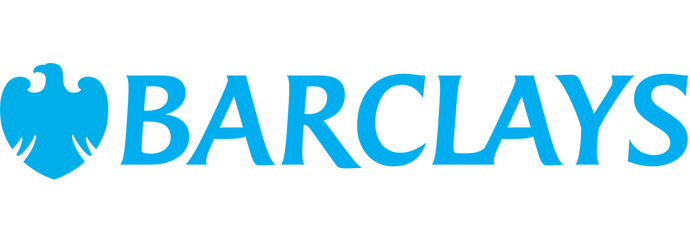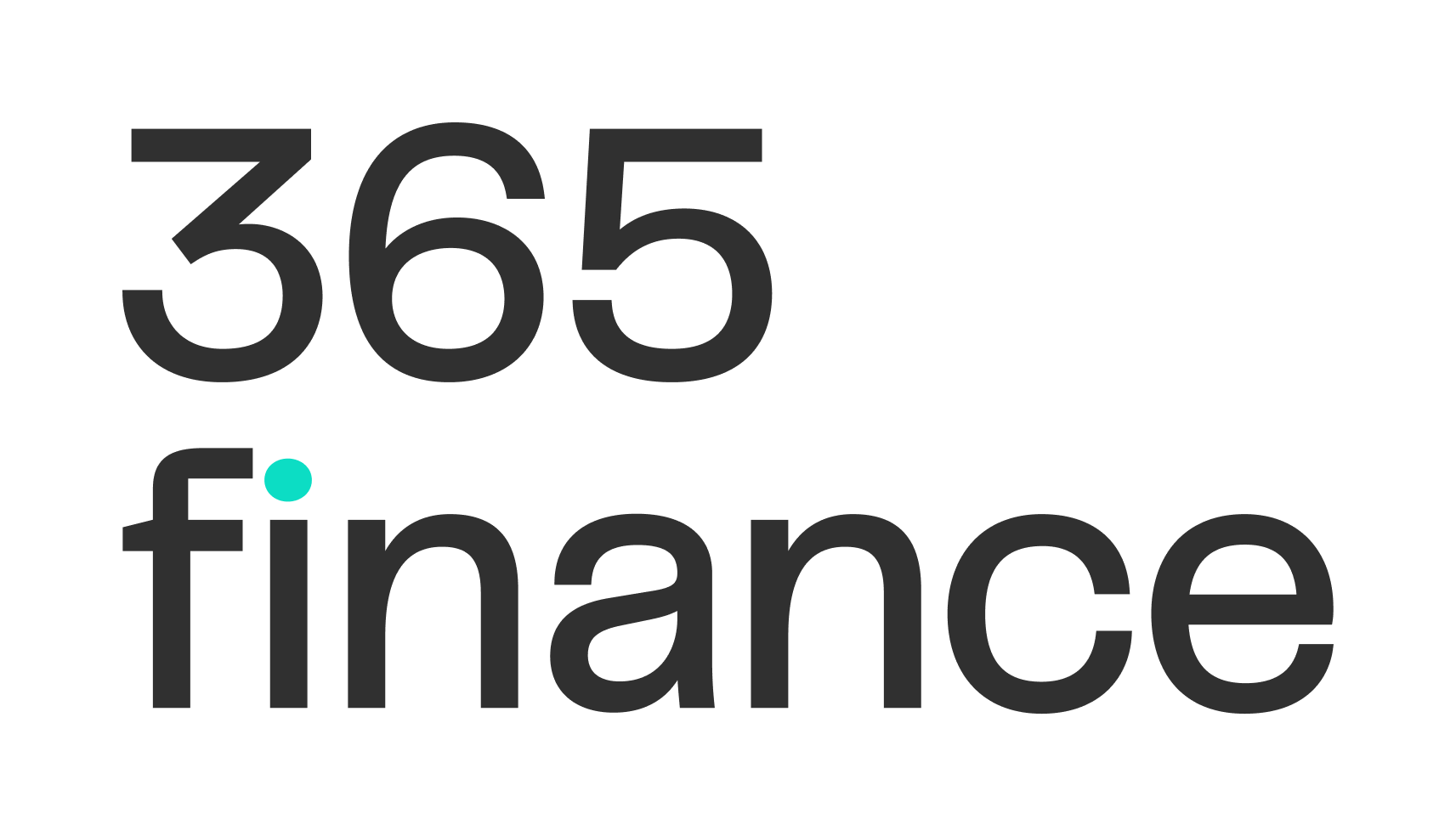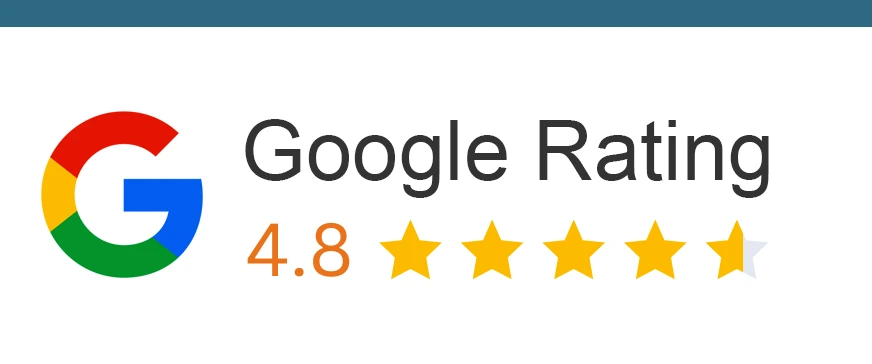Business Savings Accounts offer a comprehensive range of strategic advantages that extend far beyond the simple accumulation of interest on surplus funds. These benefits encompass improved cash flow management, enhanced financial resilience, strategic growth funding, tax efficiency opportunities, and strengthened relationships with financial services providers. However, realising these benefits requires careful planning, ongoing management, and a thorough understanding of the risks and limitations associated with different account types and structures. The strategic value of business savings becomes particularly apparent during periods of economic uncertainty, when having readily accessible reserves can mean the difference between surviving temporary setbacks and facing serious financial difficulties.
Optimised Return on Surplus Capital
The primary and most immediate benefit of a Business Savings Account is the ability to generate returns on funds that would otherwise remain idle in current accounts earning minimal or no interest. This benefit becomes increasingly significant as businesses grow and accumulate larger cash reserves, as even modest interest rate differentials can result in substantial additional income over time. For example, a business maintaining an average balance of £50,000 in a savings account earning 3% annually would generate £1,500 in additional income compared to holding the same funds in a non-interest-bearing current account. This additional income can be reinvested in the business, used to fund growth initiatives, or simply retained as additional reserves. The compounding effect of interest over time can significantly enhance these benefits, particularly for businesses that maintain consistent savings balances over extended periods.
However, businesses must carefully consider the risks associated with pursuing higher returns. Interest rates on savings accounts are not guaranteed and can change at any time, particularly on variable rate products. Economic conditions, Bank of England monetary policy decisions, and individual provider circumstances can all impact the returns available. Additionally, the purchasing power of savings can be eroded by inflation if interest rates fail to keep pace with rising prices. Businesses should regularly review their savings strategy to ensure they are maximising returns while maintaining appropriate levels of liquidity and risk management. Professional financial advice can be valuable in developing and maintaining an optimal savings strategy that balances return generation with risk management.
Enhanced Financial Resilience and Emergency Preparedness
Building and maintaining adequate financial reserves is fundamental to business resilience and long-term sustainability. A well-funded Business Savings Account provides a crucial buffer against unexpected challenges such as economic downturns, major customer losses, equipment failures, or other operational disruptions. The recommended level of emergency reserves varies depending on the business type, industry, and individual circumstances, but financial experts typically suggest maintaining between three to six months of operating expenses in readily accessible savings. This reserve fund can prevent businesses from having to resort to expensive emergency borrowing, asset sales, or other potentially damaging financial measures during difficult periods.
The psychological benefits of maintaining adequate reserves should not be underestimated, as financial security can enable business owners to make more confident strategic decisions and take calculated risks that support growth. However, businesses must balance the security provided by emergency reserves against the opportunity cost of holding excessive cash. Funds held in savings accounts, while secure and accessible, may generate lower returns than alternative investments or business development activities. Regular review of reserve levels and rebalancing between savings and other uses of capital is essential to maintain optimal financial efficiency. Professional advice can help businesses determine appropriate reserve levels and develop policies for when and how emergency funds should be accessed.
Strategic Growth Funding and Investment Preparation
Business Savings Accounts can play a crucial role in funding strategic growth initiatives and capital investments. By systematically setting aside funds for specific purposes such as equipment purchases, premises expansion, technology upgrades, or market development activities, businesses can avoid the costs and complexities associated with external financing. This approach provides greater flexibility in timing investments to coincide with optimal market conditions or business cycles. Additionally, having substantial savings can strengthen a business’s negotiating position when making major purchases, potentially securing better terms or discounts for cash payments.
The tax implications of using savings for business investments should be carefully considered, as different funding approaches may have varying tax consequences. Savings accumulated from after-tax profits may provide different tax benefits compared to borrowed funds, depending on the specific circumstances and investment types. Businesses should also consider the timing of major investments in relation to their savings accumulation strategy, ensuring that growth initiatives do not compromise financial resilience or operational stability. Professional advice from accountants and financial advisers can help optimise the tax efficiency and strategic timing of savings-funded investments.
Improved Financial Management and Cash Flow Optimisation
The discipline required to maintain Business Savings Accounts often leads to improved overall financial management practices. Separating operational funds from strategic reserves provides clearer visibility of true business performance and available resources. This separation can help prevent the inadvertent spending of funds intended for specific purposes and encourage more disciplined budgeting and cash flow management. Many businesses find that the process of regularly contributing to savings accounts helps them better understand their cash flow patterns and identify opportunities for efficiency improvements.
Advanced cash flow management strategies can be developed around business savings, such as using multiple accounts for different purposes or timing deposits and withdrawals to optimise interest earnings. However, businesses must ensure that their savings strategy does not compromise operational flexibility or create unnecessary complexity in their financial management. The administrative burden of managing multiple accounts should be weighed against the potential benefits. Professional advice can help businesses develop savings strategies that enhance rather than complicate their financial management processes.
FSCS Protection and Risk Mitigation
The protection provided by the Financial Services Compensation Scheme (FSCS) represents a significant benefit for businesses using authorised UK savings providers. This protection covers deposits up to £85,000 per eligible depositor per authorised firm, providing security against the unlikely event of institutional failure. For businesses with substantial cash reserves, spreading deposits across multiple institutions can provide protection for larger amounts while maintaining the security benefits of FSCS coverage. This protection is particularly valuable during periods of economic uncertainty when institutional stability may be questioned.
However, businesses must understand the limitations of FSCS protection and not rely on it as a substitute for careful provider selection. The compensation process, while automatic, may take time to complete, potentially creating temporary cash flow difficulties. Additionally, FSCS protection does not cover investment losses or poor investment performance, only institutional failure. Businesses should regularly review the financial strength and stability of their chosen providers and consider diversifying their savings across multiple institutions to minimise concentration risk. Professional advice can help businesses develop appropriate risk management strategies for their savings portfolios.
Fixed-term accounts, also known as business bonds or term deposits, require businesses to commit their funds for predetermined periods ranging from one month to several years. In exchange for this commitment, providers typically offer higher and guaranteed interest rates for the duration of the term. These accounts are particularly suitable for businesses with predictable cash flow patterns and surplus funds that will not be required for operational purposes during the fixed term. However, early withdrawal from fixed-term accounts usually incurs significant penalties, and in some cases may not be permitted at all, making careful cash flow planning essential. The interest rates on fixed-term accounts are generally fixed for the duration of the term, providing certainty for financial planning purposes.
Notice accounts represent a middle ground between easy-access and fixed-term products, requiring businesses to provide advance notice before making withdrawals. Notice periods typically range from 30 to 180 days, with longer notice periods generally attracting higher interest rates. These accounts can be particularly suitable for businesses that can plan their cash requirements in advance but require more flexibility than fixed-term accounts provide. Some notice accounts allow penalty-free withdrawals in exchange for forfeiting interest, while others impose financial penalties for early access. The interest rates on notice accounts may be fixed or variable, depending on the specific product terms.






































